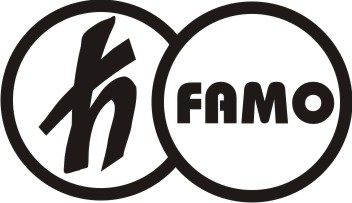Speaker
Description
According to current understanding of natural laws the same amount of matter and antimatter was created in the beginning of the Universe. We observe, in high energy experiments done at the Large Hadron Collider at CERN (European Organization for Nuclear Research) in Geneva, that matter and antimatter are produced in equal amounts and only small differences have been found in rare decays, which are not sufficient to explain the current imbalance and almost nonexistence of antimatter. To address this fundamental problem a dedicated facility has been built at CERN called Antiproton Decelerator. Its mission is to provide slow antiprotons to experiments which are probing the fundamental properties of antimatter. The research is focused on three main pillars: the confirmation of the Weak Equivalence Principle (measurement of the gravitational constant g) for antimatter, precision spectroscopy of antihydrogen and its ions and the exploration of the properties and transitions of exotic atoms containing antimatter like positronium – a bound state of an electron and positron, protonium – a bound state of a proton and an antiproton and other heavier antiprotonic atoms where one of the electrons is replaced by a 2000 times heavier antiproton.
In this contribution I will introduce to the ongoing experimental activities and future developments as well as the challenges of working with antimatter.
